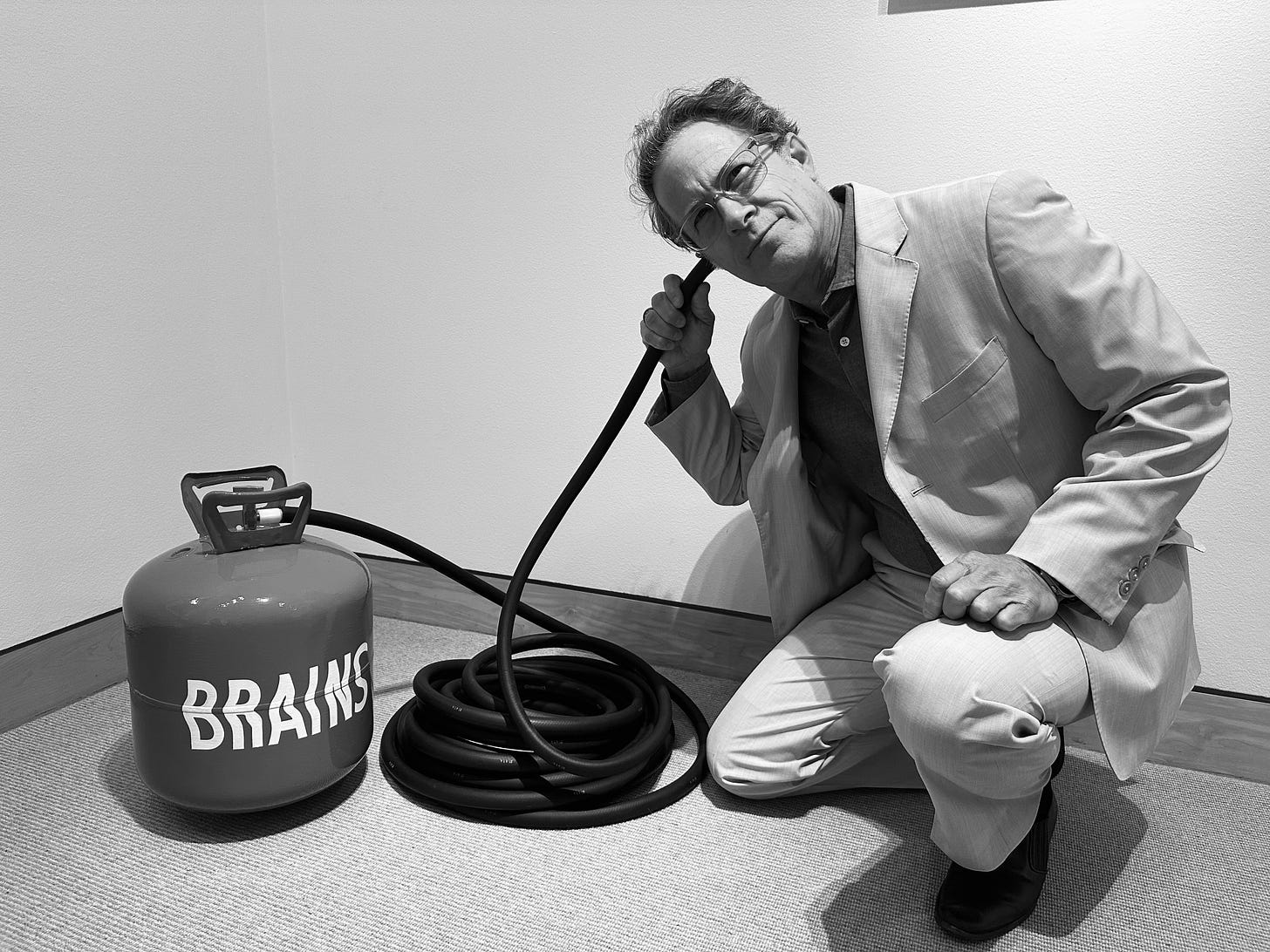From Paying to Playing: Reimagining Attention in a Digital Age
Inspired by Jonathan Haidt, Voltaire and pure curiosity.
The metaphor is hiding in plain sight: we "pay" attention. In today's attention economy, this transaction has become literal—our attention is a commodity, harvested and monetized by platforms designed to capture and hold our cognitive resources. Every scroll, click, and notification represents a withdrawal from our finite bank of attention, with tech companies as the eager merchants of our consciousness.
This commercialization of attention has coincided with a broader societal obsession with "paying attention" in its most gravitational sense. Schools demand unwavering focus. Workplaces monitor productivity metrics. Medicine increasingly pathologizes attention differences, with ADHD diagnoses rising sharply. We've created a culture that views attention primarily through the lens of economic productivity—something to be maximized, optimized, and when necessary, medicated.
Yet as Jonathan Haidt points out, this approach is particularly devastating for young minds that evolutionarily should be in states of play and wonder. Children's brains aren't designed for the sustained, serious attention we increasingly demand of them. They're built for exploration, curiosity, and what we might call "playing attention"—a state of cognitive levity that paradoxically might be more valuable than its heavier counterpart.
Consider how humans actually learn and innovate. The greatest scientific discoveries often come not from grinding focus but from moments of playful insight. Newton's apple, Archimedes' bath—these aren't stories of paying attention but of playing attention, of minds free enough to make novel connections. This aligns with what we know about the brain's default mode network, which is most active when we're in states of unfocused reflection.
The superiority theory of laughter, proposed by Plato and Hobbes, suggests we laugh to feel above our circumstances. Perhaps today's version is finding the levity to rise above the attention merchants' pull. Freud's relief theory positions laughter as a release valve—exactly what we need from the constant tension of notifications and demands for our attention. And the incongruity theory, where humor arises from unexpected connections, mirrors the very cognitive flexibility we're in danger of losing to algorithmic feeds that reinforce existing patterns.
This isn't to say that focused attention isn't valuable. Like gravity itself, we need its grounding force. But we've overweighted it at the expense of its complementary force—levity. In Nietzsche's' Thus Spoke Zarathustra framework, we're stuck in the camel stage, dutifully bearing our attention burdens, unable to embody the rebellious lion who slays the dragon; never progressing to the child's capacity for genuine play and creation.
The solution isn't to add "mindfulness" as another task on our productivity apps. Instead, we need to fundamentally reimagine attention not as a resource to be spent but as a capacity to be played with. This means:
Recognizing that attention deficit might actually be attention difference—a capacity for divergent focus that could be valuable in a world needing new solutions.
Creating educational environments that balance focused learning with exploratory play, understanding that the latter isn't just recreation but a different mode of cognition.
Developing technology that supports cognitive flexibility rather than algorithmic entrenchment—tools that enable playing attention rather than just paying it.
Valuing states of unfocused reflection and even boredom as potentially productive rather than as inefficiencies to be eliminated.
Using humor and play as deliberate strategies for breaking free from attentional fixation, whether personal or cultural.
The stakes are high. As Voltaire understood, laughter and play can subvert oppressive systems. In our context, playful attention might be the antidote to the attention merchants' grip on our consciousness. When we play attention rather than pay it, we become harder to manipulate, more capable of novel insights, and paradoxically, more effectively engaged with the world.
Flow states, as described by Csikszentmihalyi, aren't achieved through gritted-teeth focus but through a balance of challenge and engagement that more closely resembles play than work. This suggests that even for productivity's sake, we might achieve more by treating attention as a dance between gravity and levity rather than a resource to be spent.
The Renaissance wasn't driven by people paying more attention to existing dogma, but by those playful enough to imagine new possibilities. Similarly, our current challenges—from climate change to artificial intelligence—might require not just focused analysis but the capacity for radical reimagining that only comes through playing attention.
In an age where attention is increasingly commodified, choosing to play rather than pay attention becomes an act of rebellion. It's a declaration that our consciousness isn't just a resource to be harvested but a capacity for wonder to be explored. Perhaps it's time to stop pathologizing different attentional styles and start celebrating the cognitive diversity that might just save us from the attention merchants' monotonous grip.







